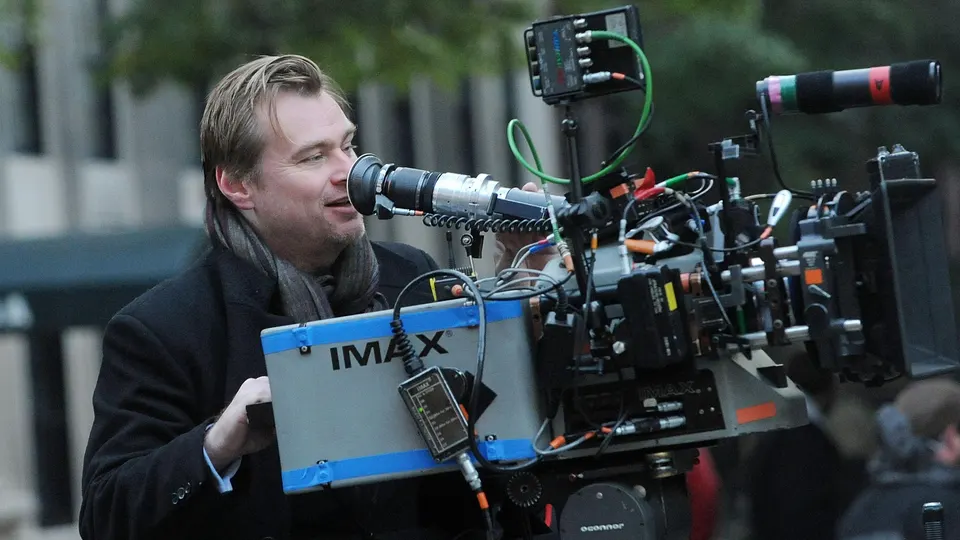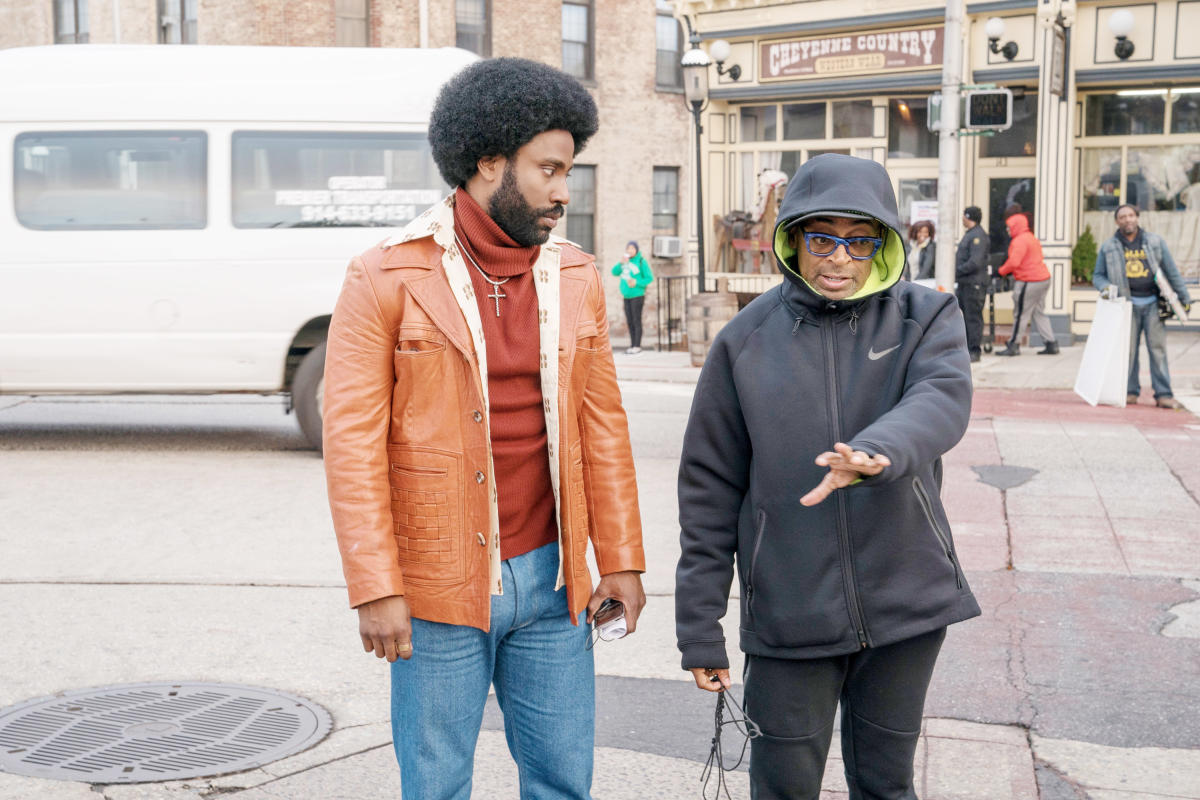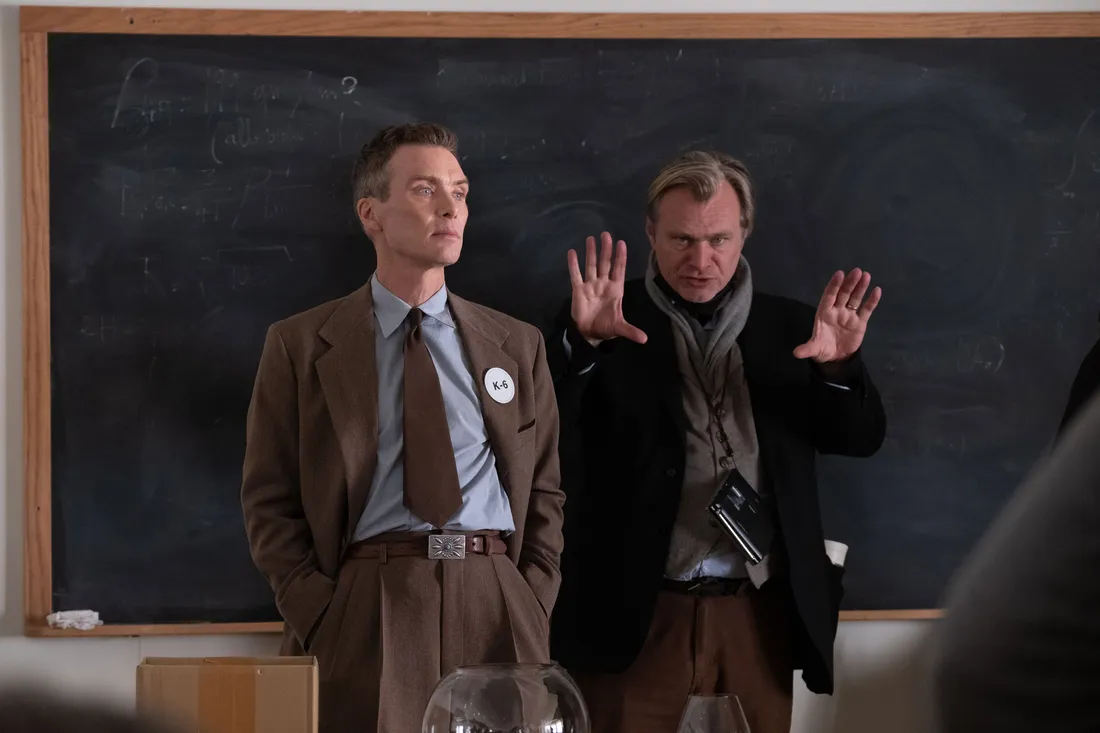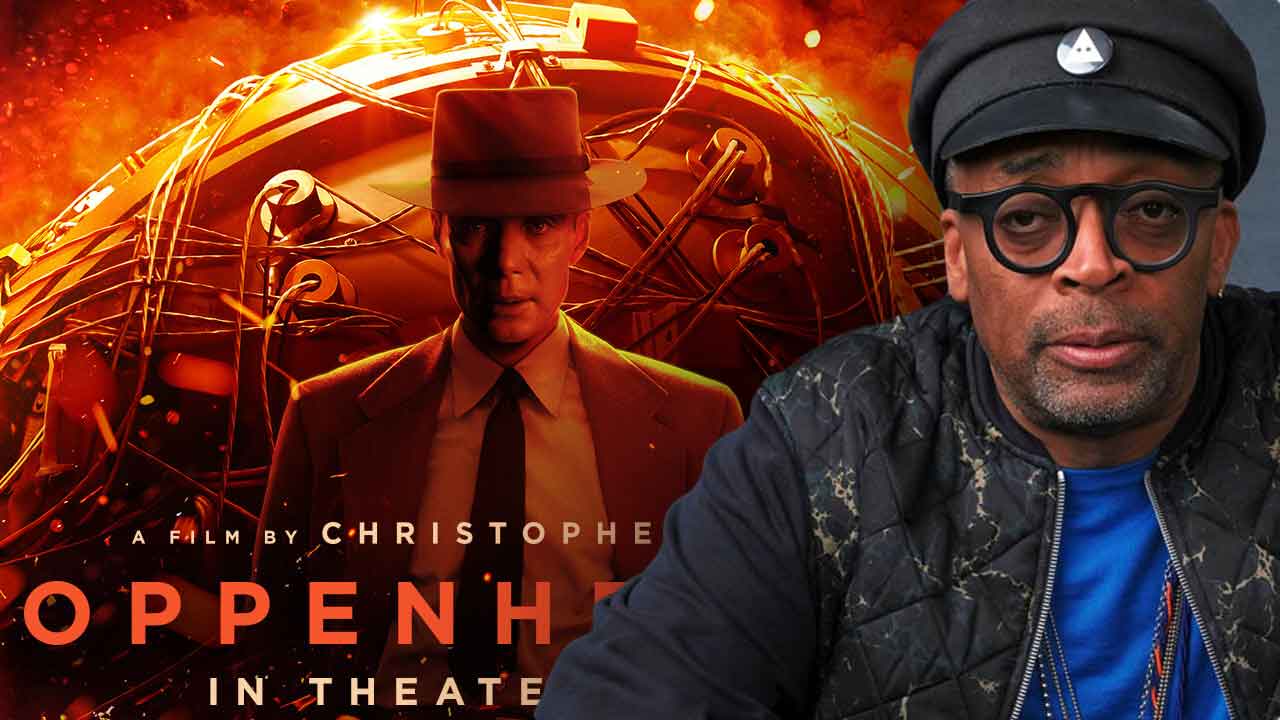Christopher Nolan’s epic take on J. Robert Oppenheimer’s life and the Manhattan Project took theaters by storm. Oppenheimer concluded its theatrical run at $950 million at the box office, making it the highest-grossing biographical film. However, the film received some constructive criticism from Spike Lee for missing out on some crucial details. Nolan responded to the Malcolm X director, expressing his appreciation for Lee’s perspective on the film.

Spike Lee remarked that the film didn’t depict the aftermath of the bombing on Japanese people. While others also shared this criticism, Nolan explained that the film intended to stay true to Oppenheimer’s experience.
Christopher Nolan Graciously Responded to Spike Lee’s Criticism

While Spike Lee was mostly impressed with Oppenheimer, he believed that the film didn’t fully portray the impact of the Japanese bombings. Lee explained to The Washington Post that he would have added a few more minutes to the film to show what happened to the Japanese people after the bombing. The BlacKkKlansman director added that Christopher Nolan had the influence to present a completely unbiased picture. Lee told The Washington Post:
“And Chris Nolan with Oppenheimer, you know, he’s a massive filmmaker. Great film. And this is not a criticism. It’s a comment. How long was that film? [Oppenheimer]. If it’s three hours, I would like to add some more minutes about what happened to the Japanese people. People got vaporized. Many years later, people are radioactive. It’s not like he didn’t have power. He tells studios what to do.”
When asked about Lee’s comments in an interview with Yahoo! Entertainment, Christopher Nolan was gracious in his response. The Inception director focused on the fact that Spike Lee, his idol, thought his film was great. He also pointed out that the Inside Man director was just sharing a perspective as a filmmaker. Nolan was thrilled that Lee found something meaningful in the movie. The Tenet director shared with Yahoo! Entertainment:
“Spike Lee is one of my idols and for him to say that he thought Oppenheimer was a great film that was the bit I focused on [laughs]. He was very specific and respectful. He was saying that you know he would have done a particular thing because he’s a different filmmaker and filmmakers interpret things differently so I honestly was just thrilled that he got something out of the movie.”
Oppenheimer producer Emma Thomas concurred with Nolan, expressing fascination about how different directors would approach a subject matter and give it different interpretations.
Christopher Nolan Clarified About The Criticism

In another interview with Variety, Christopher Nolan explained the omission of the destruction of Hiroshima and Nagasaki in the film. Nolan revealed that it was intentional as he wanted to stay true to the story of Oppenheimer, narrating it from his perspective. Nolan also noted that his film was as much about what he didn’t show as what he showed. Nolan did a great job of portraying Oppenheimer’s mental conflict once he realized the unintended consequences of his invention. Nolan told Variety:
“The film presents Oppenheimer’s experience subjectively. It was always my intention to rigidly stick to that. Oppenheimer heard about the bombing at the same time that the rest of the world did. I wanted to show somebody who is starting to gain a clearer picture of the unintended consequences of his actions. It was as much about what I don’t show as what I show.”
It appears that Nolan made the right choice, as the biopic moved audiences even without depicting all the atrocities. Showing the true events could have shifted the narrative away from Cillian Murphy’s central character. Moreover, Nolan effectively recreated the horror just by showing the Trinity test. The BluRay version of Oppenheimer is now available for purchase.


